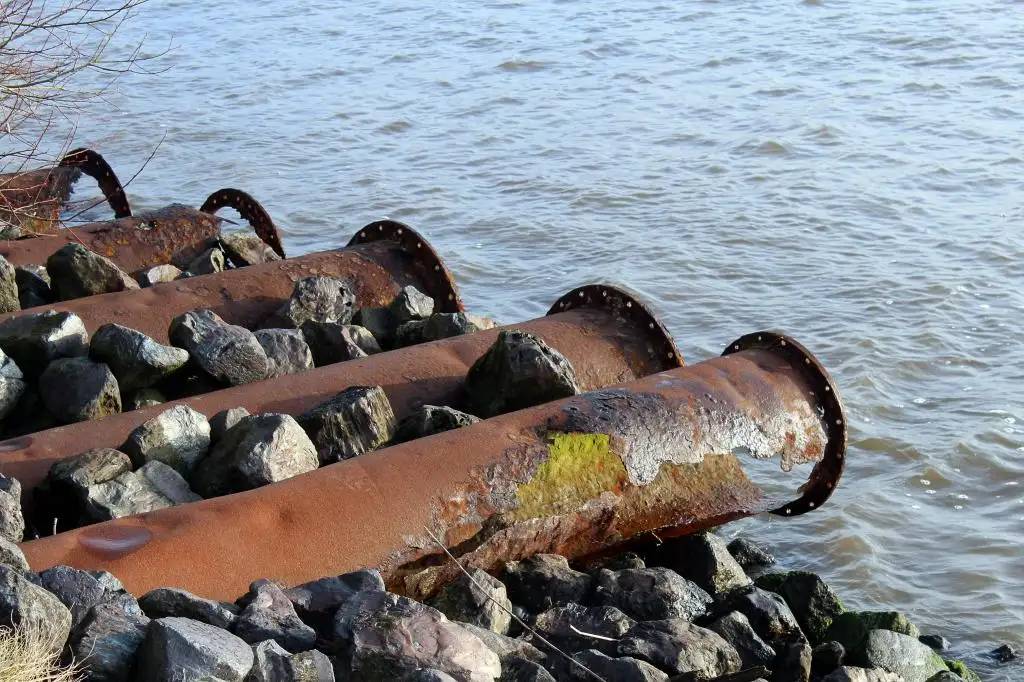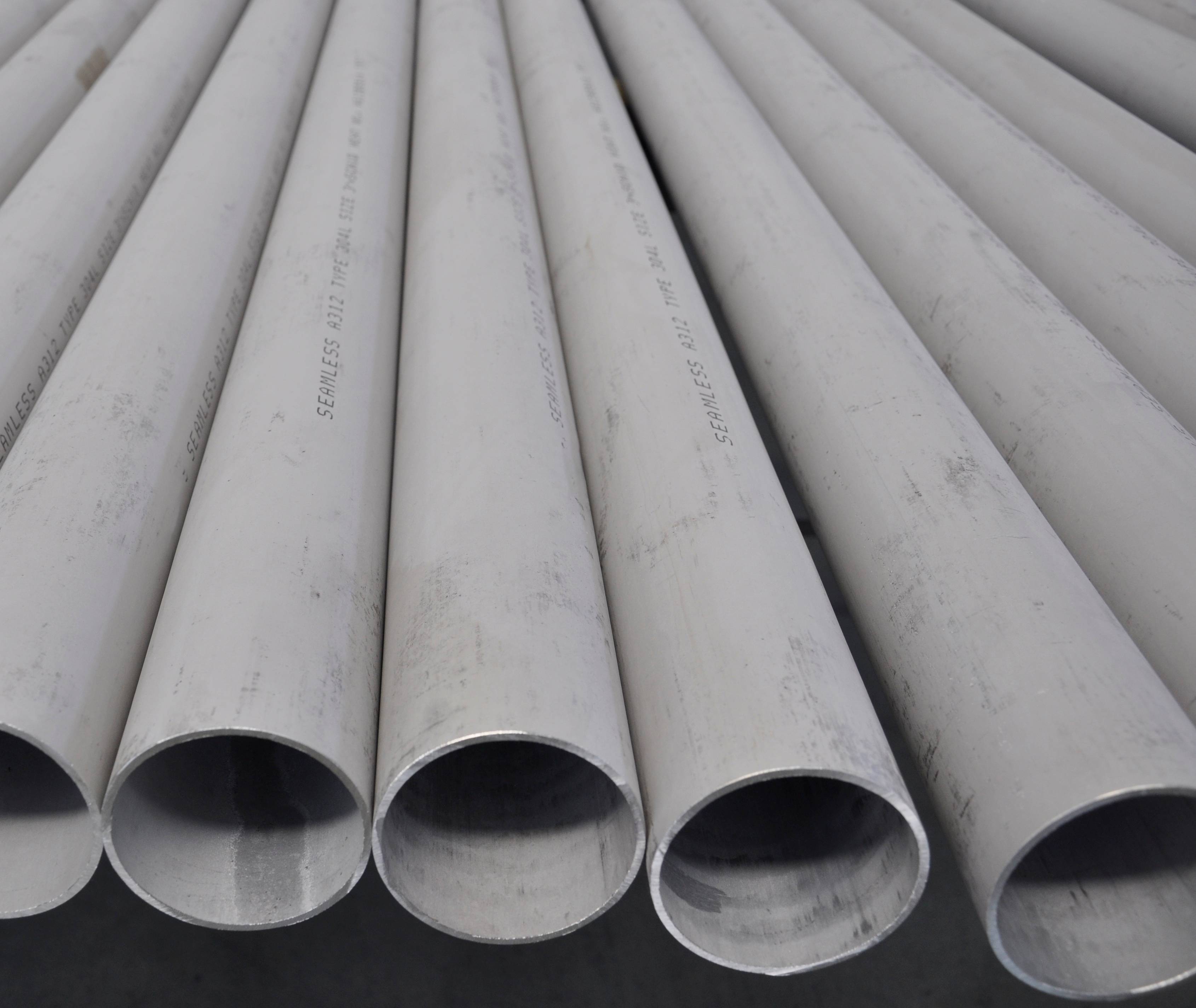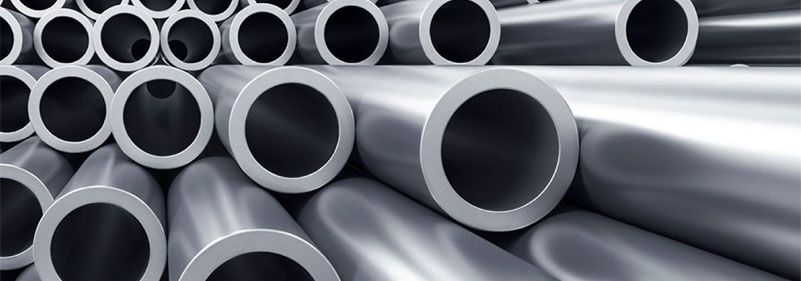Will stainless steel rust? Yes!
When there are brown rust spots on the surface of stainless steel pipe, people are surprised: they think that "stainless steel is not rusty, rusty is not stainless steel, maybe there is a problem with the steel".
In fact, this is a one-sided wrong view of the lack of understanding of stainless steel.
Stainless steel will rust under certain conditions:
Stainless steel has the ability to resist atmospheric oxidation—— rust resistance, and also has the ability to corrode in the medium containing acid, alkali and salt—— corrosion resistance. However, its corrosion resistance changes with the chemical composition of the steel itself, the protective state, the service conditions and the type of environmental medium.

For example, 304 stainless steel pipe has absolutely excellent corrosion resistance in a dry and clean atmosphere, but if it is moved to the coastal area, it will soon rust in the sea fog containing a lot of salt; The 316 pipe performs well. Therefore, not any kind of stainless steel can resist corrosion and rust in any environment.
Stainless steel is a thin, firm, fine and stable chromium rich oxide film (protective film) formed on its surface to prevent the continuous infiltration and oxidation of oxygen atoms, so as to obtain the ability of anti-corrosion. Once the film is continuously damaged for some reason, the oxygen atoms in the air or liquid will continuously penetrate or the iron atoms in the metal will continuously separate out, forming loose iron oxide, and the metal surface will be continuously corroded.

There are three main factors affecting stainless steel corrosion:
1. Content of alloying elements.
Generally speaking, steel with chromium content of 10.5% is not easy to rust. The higher the content of chromium and nickel, the better the corrosion resistance. For example, the nickel content of 304 material is 8-10%, and the chromium content reaches 18-20%. Such stainless steel will not rust under normal circumstances.
2. The smelting process of production enterprises will also affect the corrosion resistance of stainless steel.
Large stainless steel plants with good smelting technology, advanced equipment and advanced process can be guaranteed in terms of alloy element control, impurity removal and billet cooling temperature control. Therefore, the product quality is stable and reliable, the internal quality is good and not easy to rust. On the contrary, some backward equipment in the smelting process will inevitably be rusted, and some products in the smelting process will not be removed.
3. The external environment is dry, and the environment with good ventilation is not easy to rust.
However, areas with high air humidity, continuous cloudy and rainy weather, or high pH in the air are easy to rust. 304 stainless steel, if the surrounding environment is too poor, it will rust.

 English
English 中 文
中 文 Español
Español Português
Português Deutsch
Deutsch Türk
Türk Pусский
Pусский عربي
عربي 한국인
한국인 日本語
日本語
